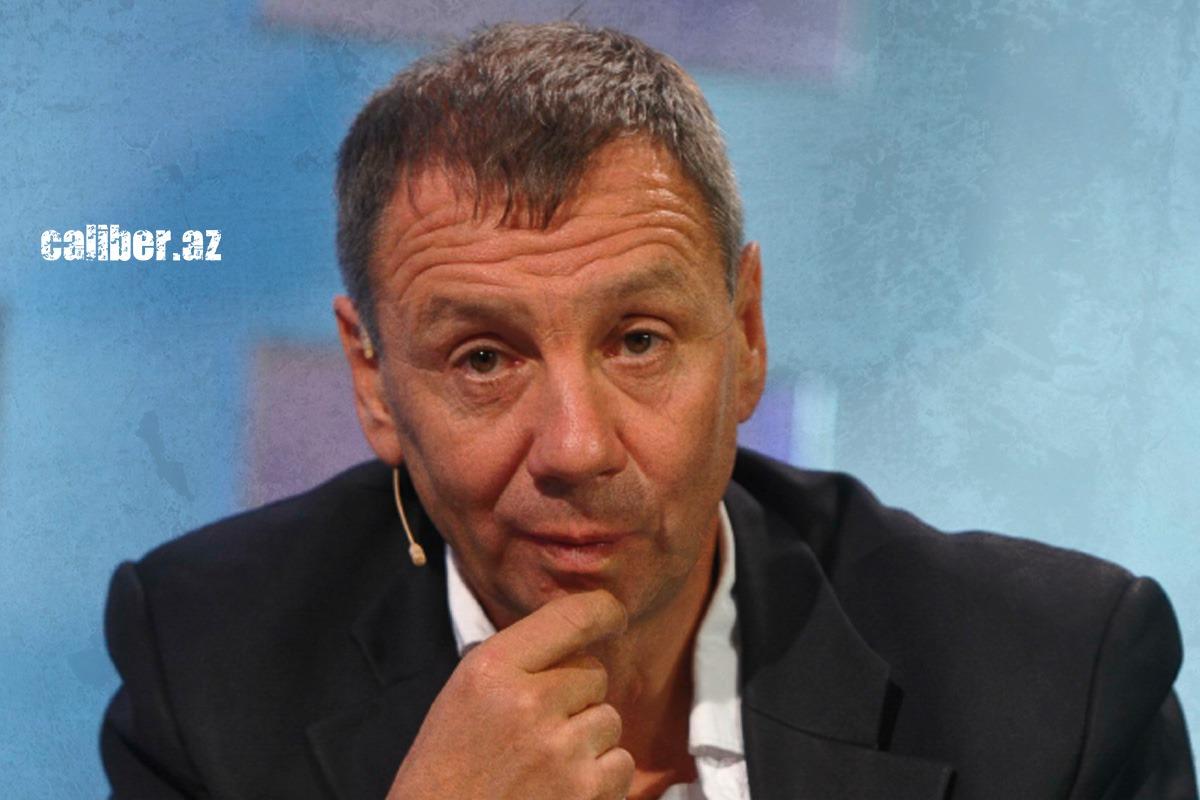Russian peacekeepers withdraw from Karabakh Amid changing dynamics in region
So, the Russian peacekeeping contingent temporarily deployed in the Karabakh region is leaving Azerbaijan. The Kremlin has confirmed the beginning of the withdrawal of the peacekeeping contingent from Karabakh. "Yes, this is indeed true," Kremlin spokesperson Dmitry Peskov said. In turn, Azerbaijani presidential aide and head of the Foreign Policy Affairs Department of the Presidential Administration Hikmat Hajiyev clarified the withdrawal of Russian peacekeepers from the territory of Azerbaijan.
"The early withdrawal of Russian peacekeepers, temporarily stationed in the territory of the Republic of Azerbaijan, in accordance with the trilateral Statement signed on November 10, 2020, has been decided by the leaders of both countries. The process has already started, with the ministries of defense of Azerbaijan and Russia implementing appropriate measures for the execution of that decision," Hajiyev said.
What does the Russian expert community think about the early withdrawal of peacekeepers from the Karabakh region of Azerbaijan? Caliber.Az asked Russian political scientists to respond to the question.

According to Russian politician Sergey Markov, Russian peacekeepers left Karabakh because the grounds for their stay on the territory of Azerbaijan disappeared.
"Last September, the situation in the region changed dramatically. There is no longer any 'Armenian power' in Karabakh, and the Armenian population has voluntarily left the region. Accordingly, there is no longer any need for a division between Armenians and Azerbaijanis, and the security of the Azerbaijani population of Karabakh can be fully handled by the Azerbaijani government. The Russian peacekeepers could have left Karabakh earlier, but they did not do so because, firstly, the Azerbaijani authorities did not insist on it. Secondly, a certain time was needed to dismantle some structures in order to leave.
I can assume that thousands of peaceful Armenians would like to return to Azerbaijan, but this possibility is blocked both by the actions of the Armenian authorities and the intensive anti-Azerbaijani campaign that is conducted in the Armenian media. And since the Armenian population will not be able to return to Karabakh because of the position of the Armenian authorities, it is clear that the Russian peacekeepers will also have no work, and therefore they can quietly leave the region. In Azerbaijan, Russian peacekeepers are treated positively, and perhaps Baku will even reward some of the military, those who have especially distinguished themselves by exemplary service," Markov said.

In the opinion of Alexei Nezhivoy, another Russian political scientist, head of the Laboratory of Political and Social Technologies, the withdrawal of the Russian peacekeepers recorded the fact of Russia's recognition of the territorial division of Azerbaijan.
“It can be said that Azerbaijan has exercised the right of the strong in the region, and Russia has recognized the territorial division of the country, as well as new allied relations. The world is split in two, the halves are still playing give-and-take, trying to delay the impending catastrophe. We are witnessing complex regional processes wherein the "old" West is waning, amidst the turmoil of the US fiscal debt and the uncertainty surrounding its president, while concurrently, a "new" West emerges amidst the crumbling economies of Europe.
I am mean the Musk-Trump West, ready to rush into the fourth scientific and technological revolution, throwing off the dying remnants of the old world. Azerbaijan has found itself on one side of the barricades, while Armenia is increasingly moving to the opposite side. As Russia redirects its focus from the South Caucasus to Africa, where entrenched elites are absent, the world witnesses a transformative spiral. In this dynamic environment, Armenia's survival hinges precariously, dependent on navigating the shifting tides of global change,” Nezhivoy noted.








